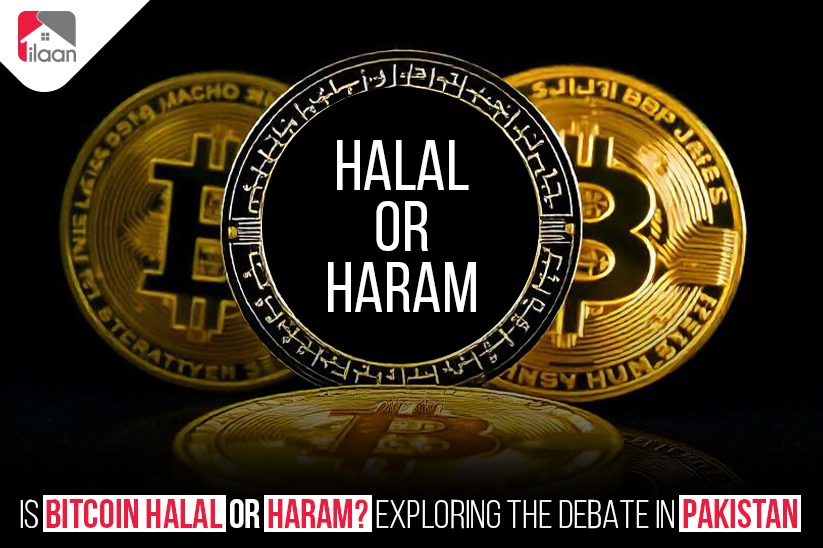Cryptocurrency has taken the world by storm, with millions of people investing in Bitcoin, Ethereum, and other digital currencies. But for Muslims, an important question arises: Is cryptocurrency halal or haram? Islamic finance follows strict ethical guidelines, ensuring transactions are fair, transparent, and free from exploitative elements like riba (interest) and gharar (excessive uncertainty). Since crypto is relatively new, Islamic scholars have different views on whether it aligns with these principles. Let’s explore the arguments for and against cryptocurrency in Islam and help you understand where it stands.
Why Some Scholars Say Cryptocurrency Is Halal
Many Islamic scholars and finance experts believe that cryptocurrency can be considered halal for several reasons:
It’s a Medium of Exchange
- Like gold, silver, or fiat money, cryptocurrencies like Bitcoin and Ethereum can be used for transactions.
- As long as they are used ethically and not for illegal activities, they may be permissible.
Decentralization & Transparency
- Blockchain technology ensures transparency, which aligns with Islamic finance principles.
- Every transaction is recorded and cannot be manipulated, reducing fraud.
No Interest (Riba)
- Unlike traditional banks, crypto transactions do not involve interest-based lending, which makes them potentially Shariah-compliant.
Legitimate Investment Opportunity
- Some scholars compare crypto to investing in real assets like stocks, where value is based on demand and supply.
- If used responsibly, investing in crypto can be like investing in halal businesses.
Suggested read: How to Buy and Trade Cryptocurrency in Pakistan: A Beginner’s Guide
Why Some Scholars Say Cryptocurrency Is Haram
On the other hand, some Islamic scholars argue that cryptocurrency is haram due to:
Excessive Uncertainty (Gharar)
- The crypto market is highly volatile, with unpredictable price swings.
- Islam discourages transactions that involve excessive speculation (gambling).
Lack of Intrinsic Value
- Unlike gold or physical currency, crypto is not backed by a tangible asset.
- Some scholars argue that its value is speculative, making it haram like gambling.
Association with Illegal Activities
- Cryptocurrency has been linked to scams, money laundering, and fraud.
- Islam forbids engaging in unethical or harmful financial activities.
Staking & Yield Farming (Interest-like Earnings)
- Some crypto investment methods involve earning passive income through staking, which may resemble riba (interest).
- Any form of guaranteed profit without effort may be considered haram.
Suggested read: Top 5 Cryptocurrencies Pakistanis Should Watch in 2025
What’s the Final Verdict?
There is no universal agreement among scholars. Some consider crypto halal if used ethically, while others see it as haram due to speculation and risk.
If you’re a Muslim interested in cryptocurrency, consider these guidelines:
Avoid speculative trading and gambling-like investments.
Choose projects that are transparent and backed by ethical use cases.
Stay away from interest-based earnings like staking or lending.
Consult an Islamic finance expert for guidance.
Conclusion: Is Crypto Halal or Haram?
The debate over cryptocurrency in Islam is ongoing, with different views among scholars. If you want to invest or trade in crypto, understand the risks, follow Islamic principles, and seek expert advice to make an informed decision.
What do you think? Is cryptocurrency halal or haram? Let us know your thoughts!
Keep reading Ilaan's blog section for more informative posts.
Recent Blog

Lahore to Launch Plastic Bottle Recycling Mac...
06 Jul 2025

10 Smart & Simple Tricks to Cool Your Home Th...
29 Jun 2025

Budget 2025-26 Breakdown: Reforms, Real Estat...
25 Jun 2025

How to Stay Safe on Your Northern Getaway Whi...
14 Jun 2025





